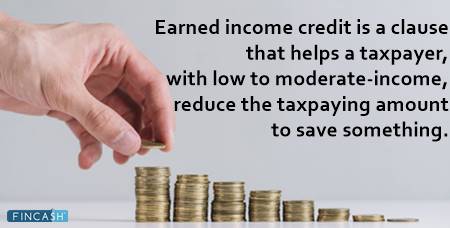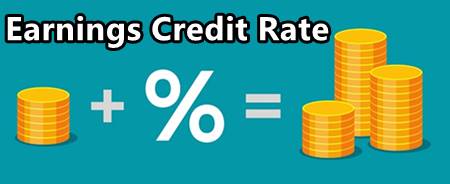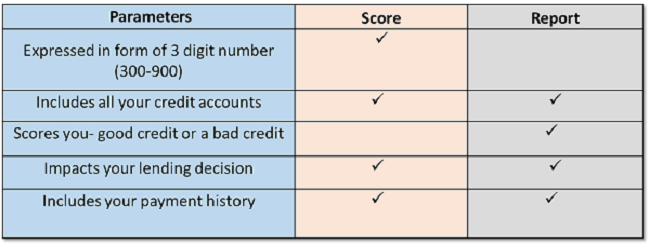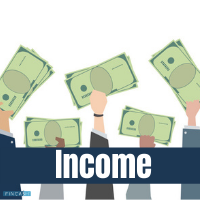
Earned Income Credit
Defining Earned Income Credit
The Earned Income Credit (EIC) is a tax credit that assists specific taxpayers, especially the ones with low incomes in a specific tax year.

The approach of EIC helps decrease the tax amount and may also help get a refund if the credit amount is higher than the tax amount that is owed.
Explaining the Concept of EIC
Also called as the earned income tax credit, this concept was generally introduced to keep families away from poverty and to encourage individuals to earn, whether married or single. That is one such reason why EIC is available for low-Income and middle-income earning individuals and families.
Households that get approval for EIC can easily decrease their tax liabilities and bring them down to zero, wherein they wouldn’t have to pay any income tax. However, if the income tax owed goes below zero, the government will be issuing the refund as per the difference.
Talk to our investment specialist
How does EIC Work?
As mentioned above, a tax credit helps to decrease the taxpayer’s liability value. For instance, if an individual has a tax bill of Rs. 3000 and can claim an Rs. 500 credit, the tax credit will decrease the limit to Rs. 2500.
This is the amount that the individual will have to pay to Taxes. Along with this, a tax credit might also help the taxpayer get a refund, based on the qualifying Credit Limit. For a taxpayer, there are several tax credit types; however, earned income credit turns out to be an important one.
Basically, the credit amount that an individual gets to claim is based upon the annual income earned within that tax year and the qualified dependents that the taxpayer has. A qualified dependent could either be parents, non-working siblings, wife, or children.
In case the dependent is a full-time student, the age should not be more than 24 years. In any situation, the taxpayer has to be older than the child. However, if there is a disabled dependent, the age Factor does not matter.
All efforts have been made to ensure the information provided here is accurate. However, no guarantees are made regarding correctness of data. Please verify with scheme information document before making any investment.












